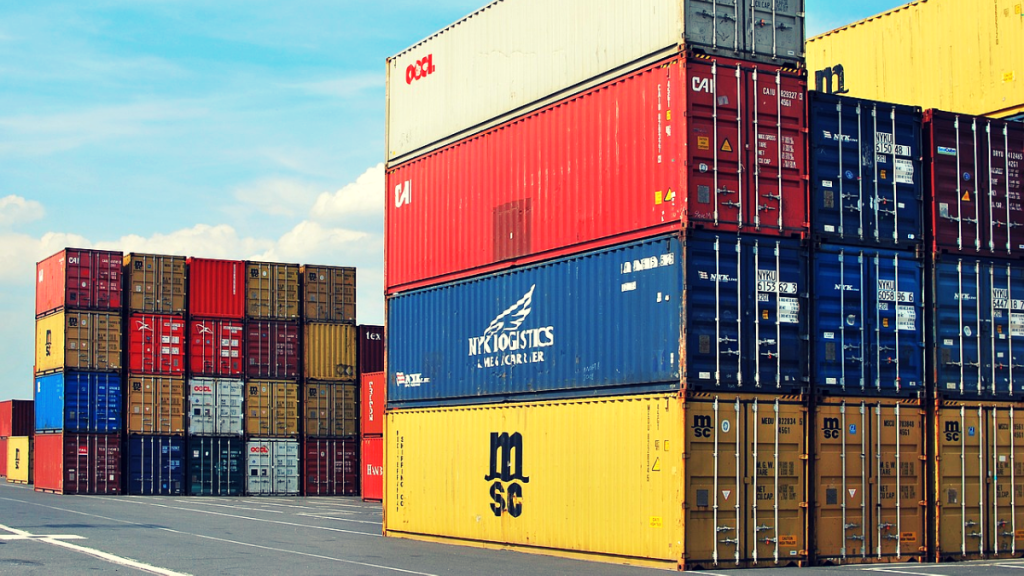If Donald Trump and Hillary Clinton were my economics students, I’d give both a big, fat “F”. But some economic fallacies are worse than others, and Trump’s philosophy on international trade is frighteningly bad. It is not only harmful to American citizens’ wallets, but it is premised on the flimsiest of foundations.
During the first presidential debate, Trump argued that a CEO of an American company is wrong to move his or her operations to Mexico and then sell the company’s products back to U.S. citizens. To punish this behavior, Trump plans to impose a tax on those goods.
Of course, Trump fails to realize that this will not only punish the firm that faces his wrath, but American consumers as well. Companies relocate their firms to save on costs, which allows them to offer goods at competitive prices. This results in lower prices for the domestic consumer. By confining American companies within American borders and taxing imports from abroad, Trump would destroy competition, and prices would rise. This would disproportionately affect low-income individuals, who would bear the greatest burden of higher prices for goods. Furthermore, facing higher prices, Americans would have less money to spend on other American products, eliminating more American jobs.
Like all politicians, Trump cares more about good politics than good economics. There are many Americans who don’t understand economics, and Trump has seized this opportunity to capture their votes with his fallacious rhetoric. He talks about America losing and other countries winning, which makes for a wonderful news soundbite. But it makes for terrible economic policy. Trade and outsourcing is not a zero-sum game—other countries do not win at our expense. Trade creates net wealth for individuals in both of the countries engaged in trade. There are always going to be some losers in trade—competition rewards the economical and weeds out the inefficient—but there are more net winners than losers, and trade and outsourcing create jobs in the domestic economy.
What about the notion that it is unpatriotic for a company to move its operations to a foreign country? If I own a business in California and decide to move its production facilities to Mexico, does that mean that I hate the United States? Of course not! This line of argument assumes that the role of business is something other than service provision and profit maximization–namely, patriotism. The hypocrisy that Trump himself produced his line of shirts and neckties in China and Bangladesh notwithstanding, my duty as a business owner would be to make a profit and grow my business.
The Trump trade plan is also based on the flawed assumption that American citizens are owed jobs. They are not. While it is true that some American employees inevitably lose their jobs when companies relocate abroad, there is no positive duty to produce jobs in one’s own country. In fact, when a company moves to Mexico, it incurs a risk in the name of capital investment and profit-seeking. It sacrifices the known—American labor—for a new, unknown labor market. CEOs are not charity directors.
Unfortunately, many American voters are ignorant when it comes to economics, especially issues like trade and outsourcing. And too many people wrongly equate “Made in the USA” with patriotism. As long as there are politicians and voters who misunderstand economics, the fallacy of protectionism will ring true and must be debunked. Patriotism is fine, but the idea that a CEO’s number one priority should be exercising an imagined patriotic duty rather than seeking profit by providing valuable goods and services must be discarded.



